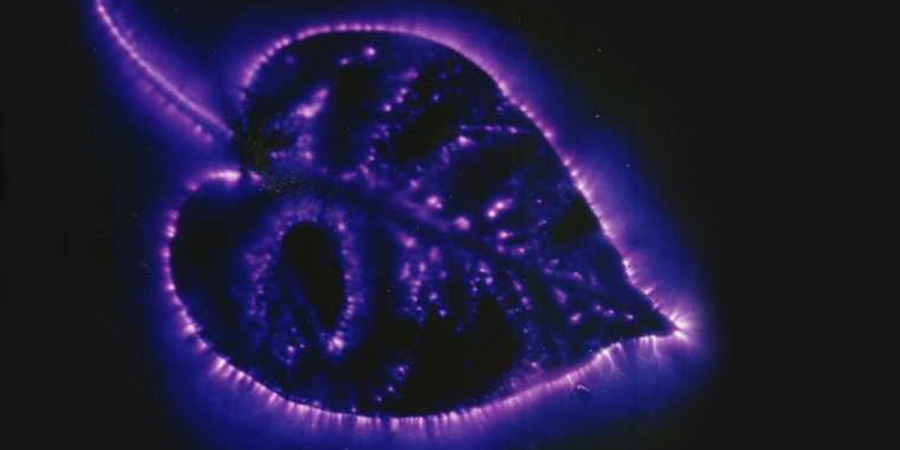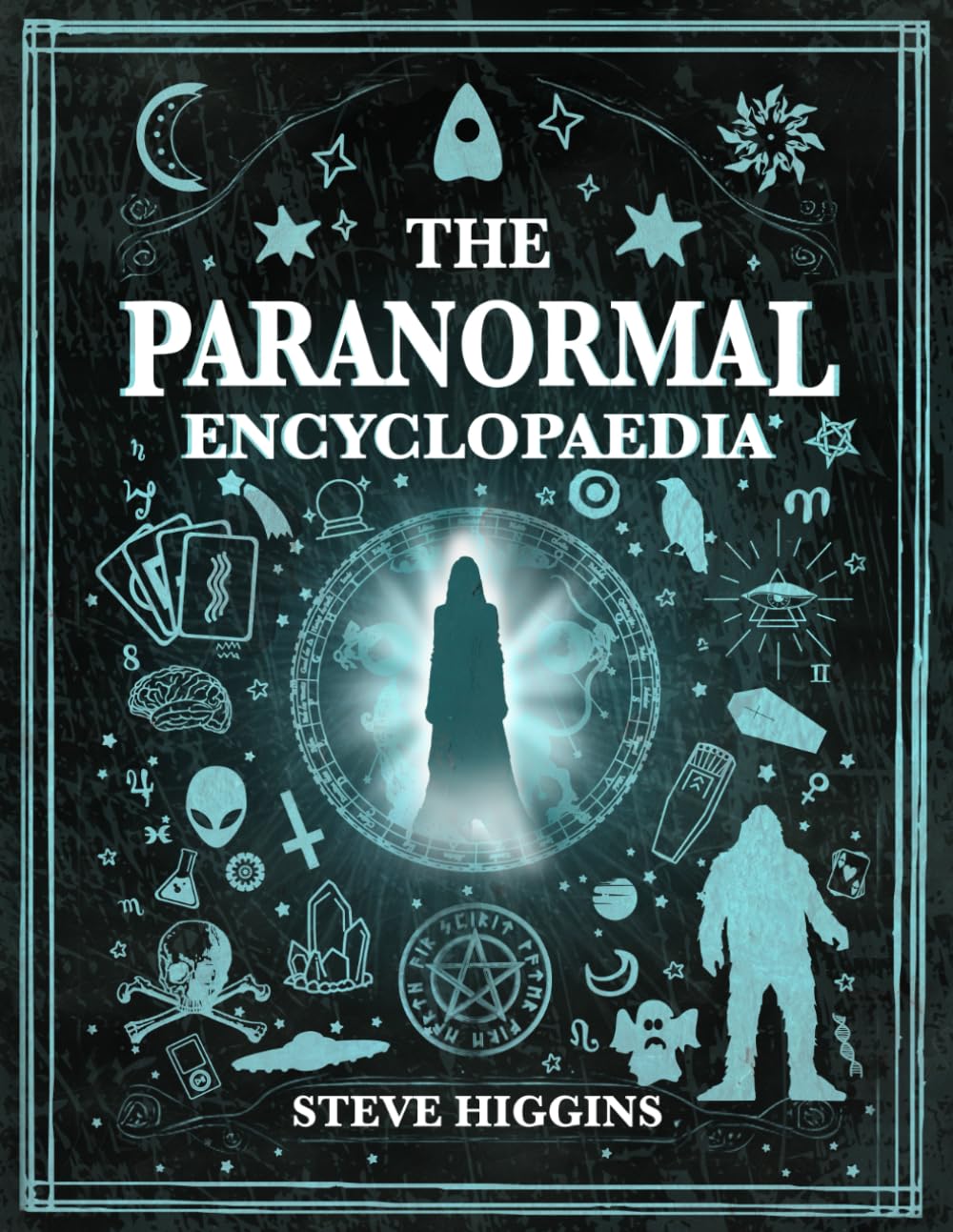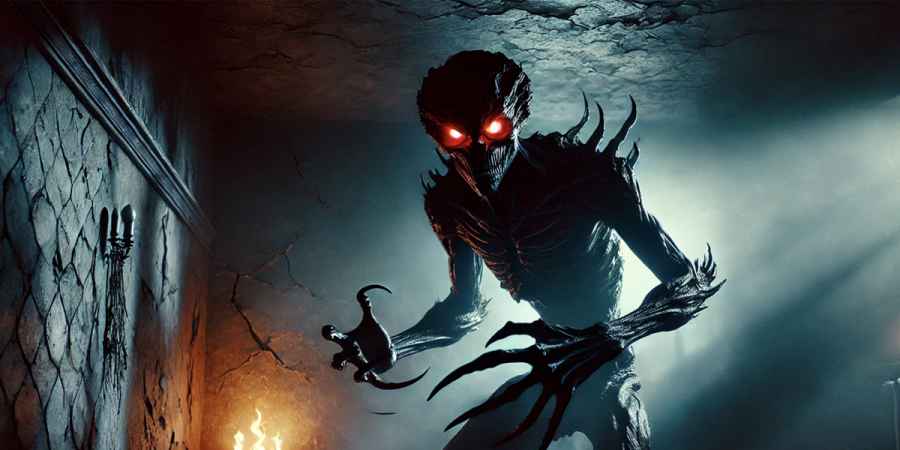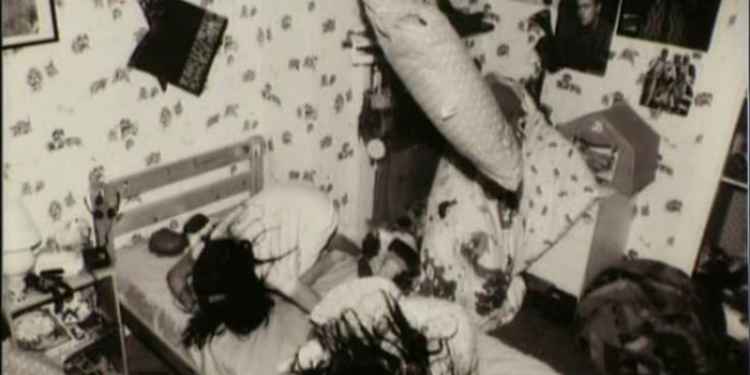

Demonology is the study of demons or beliefs about demons. Traditionally, it's a branch of theology that deals with the classification of demons, their powers and activities, and how they interact with the human world. While it might sound like something out of a horror film, demonology is a serious field of study for many scholars, religious practitioners, and paranormal investigators.
The roots of demonology can be traced back to ancient civilisations, where belief in malevolent spirits was common. In ancient Mesopotamia, Egypt, and Greece, people believed that demons could cause diseases and misfortune. These beliefs were often tied to religious practices, where rituals were performed to appease or ward off these harmful entities.
In the Christian tradition, demonology became more defined during the medieval period. The church played a significant role in shaping the understanding of demons, often linking them to the devil and the concept of evil. The infamous witch hunts and trials during the Middle Ages were partly fuelled by beliefs in demonic possession and influence.
In demonology, demons are typically considered to be supernatural beings that are malevolent in nature. They are often believed to be fallen angels, as described in Christian theology, but other traditions have their own interpretations. They are often categorised based on their attributes and behaviours. A section of the 17th-century grimoire 'The Lesser Key Of Solomon' lists 72 demons, each with specific characteristics and powers.
Demonology is not recognised as an academic field of study in the same way as disciplines like biology, physics, or even theology. It is not offered as an accredited degree programme by recognised universities or academic institutions. While some institutions might offer courses on the history of religion, mythology, or cultural studies that touch on the topic of demons, there are no formal degrees in demonology.
Within religious settings, aspects of demonology might be studied as part of broader courses on religious texts, doctrines, and pastoral care. For example, Catholic priests might receive training on exorcism and the theological understanding of demons as part of their clerical education. However, this is typically not considered a standalone academic discipline but rather a component of religious education.
Within the paranormal investigation community, demonology might be seen as a specialised area of knowledge. Paranormal investigators who focus on cases involving alleged demonic activity may study historical texts, religious rituals, and modern accounts of demonic phenomena. However, this study is often informal and based on more general beliefs about demons in the context of paranormal investigations rather than formal education. For paranormal investigators, demonology provides a framework for identifying phenomena that they believe are commonly linked to demonic activity, such as foul smells, physical attacks, and other sinister or threatening behaviour.
In recent years, the rise of demonic themes in paranormal television shows and movies has increased public interest in demonology. This has led some individuals to label themselves as demonologists, with many offering or even charging for their services to help those who believe they are being troubled by demonic hauntings. Since demonology is not an accredited field, these services are provided by those without any formal accreditation or even standardised criteria for calling themselves demonologists.
Although this creates some ethical issues around protecting vulnerable people who may incorrectly believe they are under siege by demons, technically, anyone who studies demons or claims to have expertise in the subject can adopt the title, regardless of their level of knowledge or experience. There are no formal educational requirements or certifications needed to become a demonologist.
Some people who call themselves demonologists may have genuinely studied religious texts, historical accounts, and paranormal phenomena related to demons. While this self-study varies widely in depth and accuracy, it may arm some with enough knowledge on the subject to be accepted as a credible demonologist.
However, despite this interest, demonology often struggles to be taken seriously in mainstream discussions. In comparison, ufology, the study of unidentified flying objects (UFOs), seems to be given more credibility and attention, even though it too lacks formal academic accreditation.
This could be because UFOs and extraterrestrial life are topics frequently covered by mainstream media. These media reports sometimes include analysis from ufologists, who are often spokespeople or prominent figures from respected organisations, such as the Mutual UFO Network (MUFON).
On the other hand, cases of demons and possession are rarely covered by mainstream media and are often tied to religious, superstitious, or spiritual frameworks, which can be seen as less credible when compared to the methodologies employed by ufologists, such as radar data analysis, photographic evidence, and eyewitness testimony.
There are a few things that paranormal investigators can do to build their knowledge and credibility as demonologists. First and foremost, read up on religious studies, theology, or comparative religion. Study religious texts that mention demons, such as the Bible, the Quran, and other sacred texts. Read historical grimoires and documents that detail demonology, such as 'The Lesser Key of Solomon', 'Malleus Maleficarum', and other classic texts. Understanding the religious and historical context of demons is crucial. Studying history and anthropology can provide insights into how different cultures perceive demons and supernatural entities.
There are various online platforms that offer demonology courses. While these courses are not accredited, they can provide structured learning and valuable information. They serve as a formal acknowledgment of your study, which can be a useful credential when presenting yourself as a demonologist.
Knowledge of demons is one thing, but if you're going to start helping people with demonic hauntings, then you're going to need to develop and adhere to ethical guidelines in your practice to ensure that you work ethically with clients who believe they are experiencing a demonic haunting. These individuals are often vulnerable and may be dealing with complex psychological, emotional, or social issues.
Many people who believe they are experiencing demonic activity may actually be suffering from mental health conditions such as psychosis, anxiety, or depression. Ethical demonologists should prioritise the mental health needs of their clients and consider involving mental health professionals when necessary. Gaining knowledge in psychology to differentiate between potential psychological disorders and genuine cases of demonic activity can help with this.
One of the best-known aspects of demonology is possession, where a demon inhabits a human body. To combat demonic possession, various religious traditions have rituals called exorcisms. An exorcism is a practice aimed at expelling the demon from the possessed person. These rituals can be elaborate, involving prayers, holy water, and religious symbols.
Conducting exorcisms or other rituals without proper training and understanding can be harmful. Misdiagnosing mental health issues as demonic possession can prevent individuals from receiving the medical care they need, leading to prolonged suffering or worsening conditions.
While anyone can technically call themselves a demonologist, doing so responsibly requires a commitment to genuine study and an understanding of the ethical implications involved. It carries with it a duty of care that should not be taken lightly. By being aware of the risks and taking steps to mitigate them, individuals can approach the study and investigation of demons more responsibly and safely.
More Essential Parapsychology
See All
ArrayOctober 11, 2024
The Reality Behind Kirlian Photography’s Glowing Auras

ArrayOctober 07, 2024
Could Retroactive Psychokinesis Allow Us To Influence The Past?

ArrayOctober 05, 2024
What Spontaneous Cases Are & Why Parapsychologists Research Them
Further Reading
Dive into the world of the paranormal and unexplained with books by Higgypop creator and writer Steve Higgins.

Demystifying The Oracle
A balanced look at Ouija boards, exploring whether they are toys, tools, or dangerous occult devices.
Buy Now
The Paranormal Encyclopaedia
A comprehensive encyclopaedia of over 200 unexplained topics, from mind reading to Ouija boards.
Buy NowMore Like This

ParanormalNovember 24, 2024
I've Witnessed Zozo Dozens Of Times – Here's How I Survived

BooksNovember 22, 2024
Richard Estep Explores The Demonic In His New Book 'In Search Of Demons'

ParanormalOctober 12, 2024
Recurrent Spontaneous Psychokinesis The Parapsychological Principle Behind Poltergeists

ParanormalOctober 11, 2024
The Reality Behind Kirlian Photography’s Glowing Auras
 See More on Audible
See More on Audible
Comments
Want To Join The Conversation?
Sign in or create an account to leave a comment.
Sign In
Create Account
Account Settings
Be the first to comment.